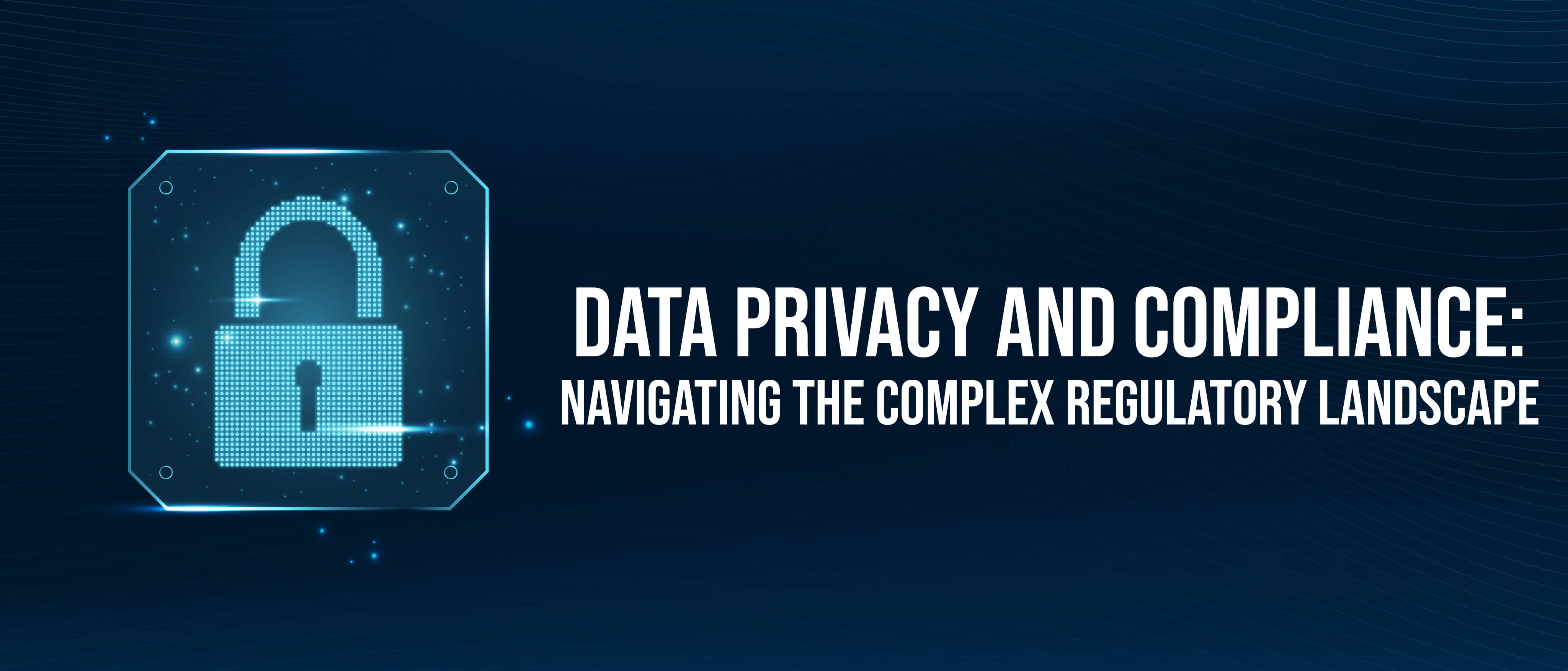Preserving Confidentiality in a Digital Era: Navigating Data Privacy and Compliance

In our modern world, data privacy has become a pressing concern. Governments and organizations worldwide are implementing measures to protect sensitive information. Let's embark on a journey through the complex realm of data privacy regulations and compliance, uncovering its impact, strategies, and emerging trends.
Understanding Data Privacy Regulations and Compliance Requirements
Picture data privacy regulations as guardians of personal and sensitive information. It is imperative for organizations to adhere to regulations such as GDPR (General Data Protection Regulation and ISMS (Information Security Management System) in order to protect their data and maintain a properly governed digital landscape.
The Impact of Data Breaches and Privacy Violations on Organizations
Data breaches are like thunderstorms in the digital landscape, wreaking havoc on individuals and organizations alike. When personal data leaks into the wrong hands, trust is shattered, legal consequences loom, and reputations crumble. Remember the Facebook-Cambridge Analytica scandal? It's a stark reminder of the potential fallout from overlooking data privacy.
Strategies for Maintaining Data Privacy and Complying with Regulations
- Data Classification: Treat data as if it were classified government documents. Label and segregate data according to its sensitivity, allowing you to allocate appropriate protection measures.
- Consent Management: Seek consent from individuals before collecting their data. Make sure they understand what you're collecting and why.
- Data Minimization: Don't be a digital hoarder. Only collect data that's necessary for your operations, reducing the risk associated with storing excessive information.
- Regular Audits: Conduct internal audits to ensure compliance. This involves scrutinizing processes, identifying risks, and plugging potential gaps.
The Importance of Data Governance and Data Protection Frameworks
Imagine data governance as the captain of a ship. It's responsible for steering data through safe waters. Data protection frameworks, on the other hand, are the maps that guide the journey. These frameworks outline processes, controls, and best practices to follow when handling data.
Emerging Trends in Data Privacy and the Evolving Regulatory Landscape
As technology advances, so do the methods of data misuse. Consequently, regulations must evolve to counter new threats. Emerging trends include increased focus on user consent, stringent cross-border data transfer rules, and stricter penalties for non-compliance.
In this digital age, where information is more valuable than gold, data privacy and compliance can't be treated as afterthoughts. They're the pillars upon which the digital realm stands. Whether it's the personal data of customers, financial information, or healthcare records, every byte of data deserves protection.
To put it simply, data privacy and compliance are like locks on doors. They keep unauthorized users out and allow only the trusted to enter. Organizations that prioritize data privacy don't just avoid penalties; they build trust, loyalty, and a reputation that shines brighter than the digital stars.
So, as you navigate the complex sea of data privacy regulations, remember that the waves might be rough, but the destination is worth the journey. Stay updated, embrace emerging trends, and make data privacy an integral part of your digital landscape. In this ever-evolving regulatory terrain, ensuring data privacy isn't just a legal requirement – it's a promise to the individuals who entrust you with their information.
Contact
For more information on how we can help you secure your data, get you compliant and protect your business, please complete the form below and one of Information security / Cyber Forensic expert and Compliance specialists will respond to you as soon as possible.


